 St. Carlo Acutis
St. Carlo Acutis
Explore the Saints
St. Robert Bellarmine

St. Robert Bellarmine was so short and small that he had to stand on a stool behind the pulpit to speak, but his voice—in both his preaching and writing—defined the age for the Church.
He was born in 1542 in Tuscany to a poor family, and was always an excellent student. Even as a child, he could hold his own in public discourse and arguments. He was also very pious—in fact, the Jesuit principal of his school once described him as “the best of our school, and not far from the kingdom of heaven.”
Robert joined the Jesuits in 1560, and was immediately excused from the initial formation of the novitiate so that he could enter his studies.
He bounced around to a number of different posts in universities and schools; at one point he was asked to teach Greek and had to stay up late at night to study the lessons he would deliver the next day. Everywhere he went he preached, and crowds began to appear to hear him. He preached in Latin, and his small stature meant that he could give few physical embellishments or gestures to his message, but his face seemed to glow and his words were luminous.
He was ordained in 1570 and continued with his academic career at the University of Louvain, and, when his health began to fail, in Rome. He wrote a monumental work defending the Catholic faith from Protestantism that immediately and lastingly defined the controversy produced by the schism. It was so learned and comprehensive that opponents thought his name was an amalgam of a team of Jesuits who researched and wrote it. It was a hit even in England, where it was banned; a bookseller in London said that he made more money from Robert than he made from all other theology authors combined.
He advised popes and kings, was named president of the Roman College, and made a cardinal. He wrote catechisms to teach the faith, which were in use even until recently and were among the most-translated works of his time. He served as spiritual director for St. Aloysius Gonzaga, and sat at his bed as the young man died; he even asked to be buried next to the young saint.
Still, he remained connected to the poor and to the discipline of faith. Though he lived in an apartment in the Vatican, he continued to fast and pray, living on what a poor person would have: bread and garlic, and no fire to heat his home during the winter. He ransomed an imprisoned soldier who had deserted from his duty, and took down his curtains to clothe the poor. “The walls won’t catch cold,” he said.
Late in his life, he was drawn into controversy about the rights of popes and kings, and his response did not fully satisfy either side—he lost favor with the pope and his book was burned in Paris. He was on good terms with Galileo Galilei, who dedicated one of his books to Robert. In 1616, Robert was asked to condemn Galileo, and he simply stated that the astronomer should not proclaim conclusions if they were not yet proven theories.
Robert Bellarmine died on this date in 1621 at the age of 79, and was canonized in 1930. He was declared a doctor of the Church soon after his canonization, a title given to 38 saints who are known for teaching the faith by word or example. A number of his relics rest in the reliquary chapel in the Basilica.
St. Robert Bellarmine, your words and thinking defined your times, yet you lived close to the poor—pray for us!
Interested in learning about the other Doctors of the Church? Click below to explore FaithND’s expanding library of biographies honoring the contributions of these 38 saints to the faith!
Image Credit: Our featured image of St. Robert Bellarmine is available for use under the the Creative Commons CC0 1.0 Universal Public Domain Dedication. Last accessed April 3, 2025 on Wikimedia Commons.
Search Saints
 St. Carlo Acutis
St. Carlo Acutis
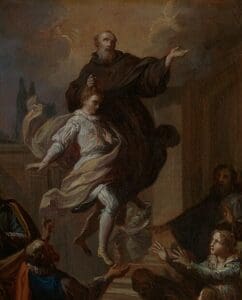 St. Joseph of Cupertino
St. Joseph of Cupertino
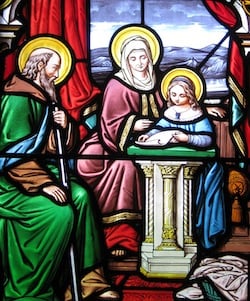 Sts. Anne and Joachim
Sts. Anne and Joachim
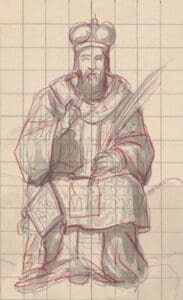 Sts. Cornelius and Cyprian
Sts. Cornelius and Cyprian
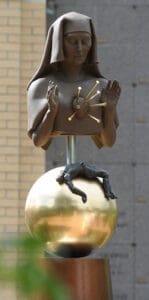 Our Lady of Sorrows
Our Lady of Sorrows
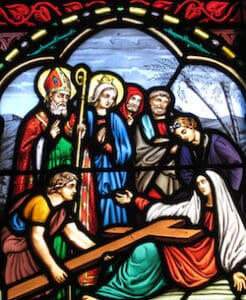 The Exaltation of the Holy Cross
The Exaltation of the Holy Cross
 St. John Chrysostom
St. John Chrysostom
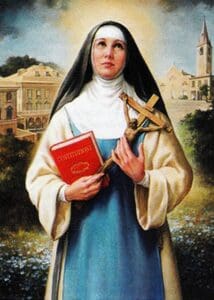 Blessed Victoria Strata
Blessed Victoria Strata
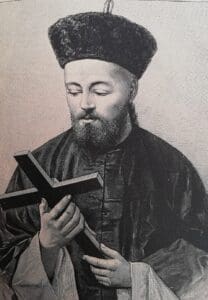 St. John Gabriel Perboyre
St. John Gabriel Perboyre
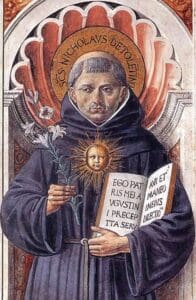 St. Nicholas of Tolentino
St. Nicholas of Tolentino
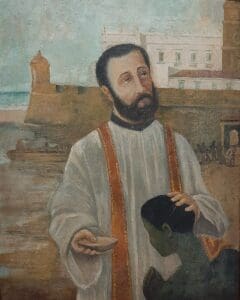 St. Peter Claver
St. Peter Claver
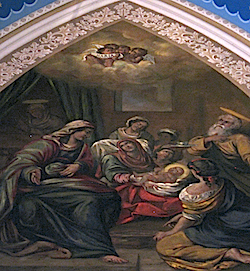 Feast of the Birth of Mary
Feast of the Birth of Mary
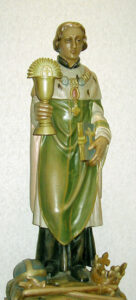 St. Cloud
St. Cloud
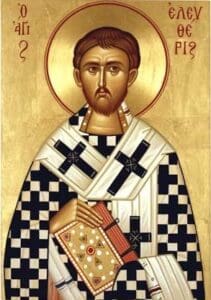 St. Eleutherius
St. Eleutherius
 St. Teresa of Calcutta
St. Teresa of Calcutta
 St. Rose of Viterbo
St. Rose of Viterbo
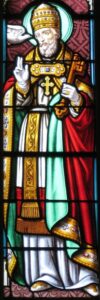 Pope St. Gregory the Great
Pope St. Gregory the Great
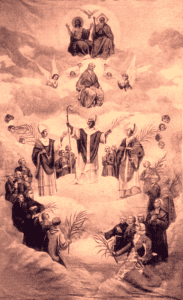 Blessed Jean-Marie du Lau and the Martyrs of September
Blessed Jean-Marie du Lau and the Martyrs of September
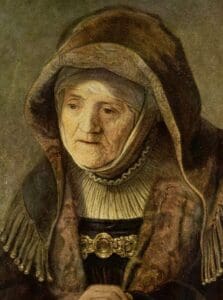 St. Anna the Prophetess
St. Anna the Prophetess
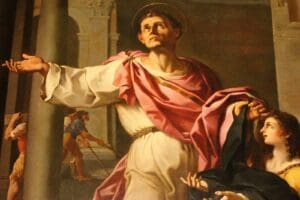 St. Pammachius
St. Pammachius
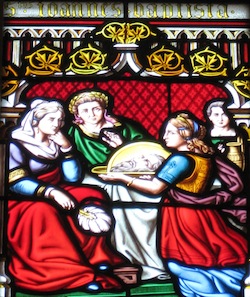 Feast of the Beheading of John the Baptist
Feast of the Beheading of John the Baptist
 St. Augustine
St. Augustine
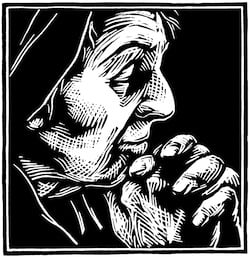 St. Monica
St. Monica
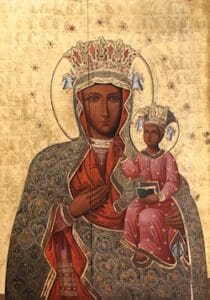 Our Lady of Czestochowa
Our Lady of Czestochowa

